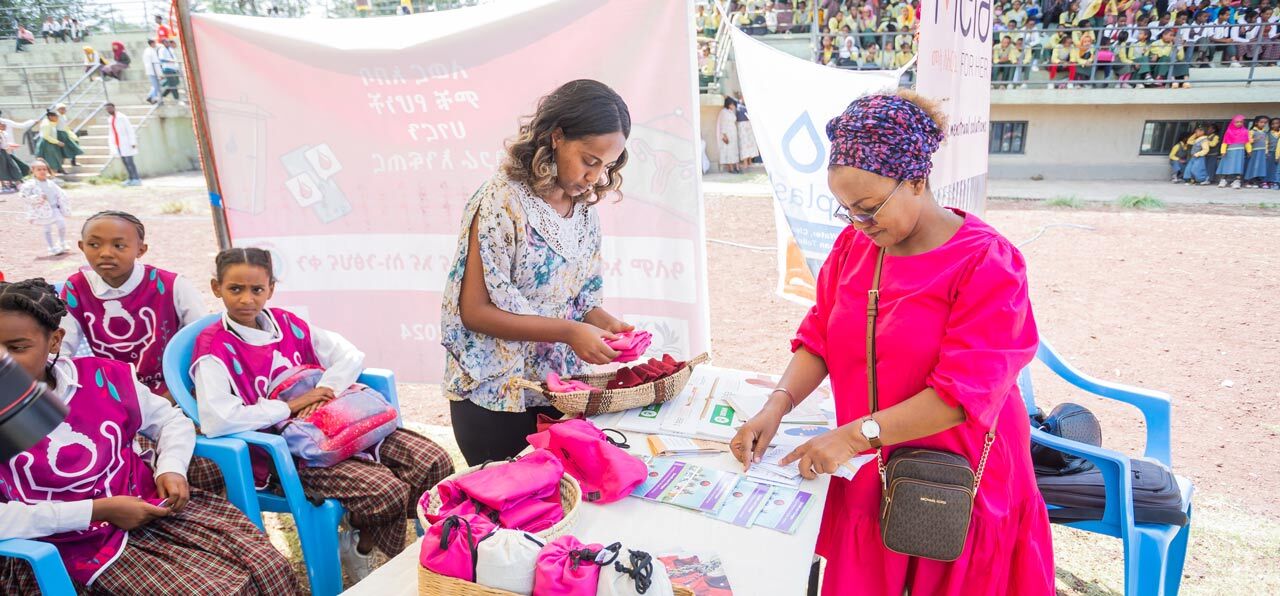Articles and information about Splash and the work we do.

October 1, 2019
WASH-M (Water, sanitation, hygiene and menstrual health)
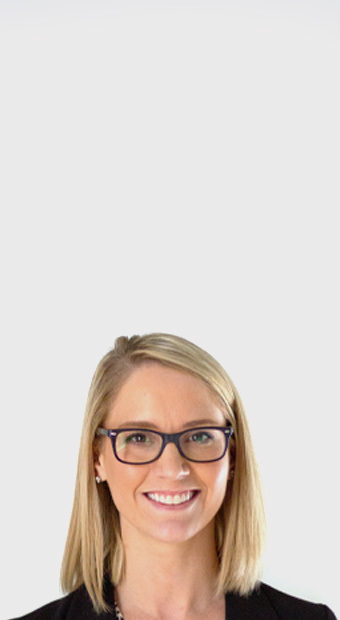
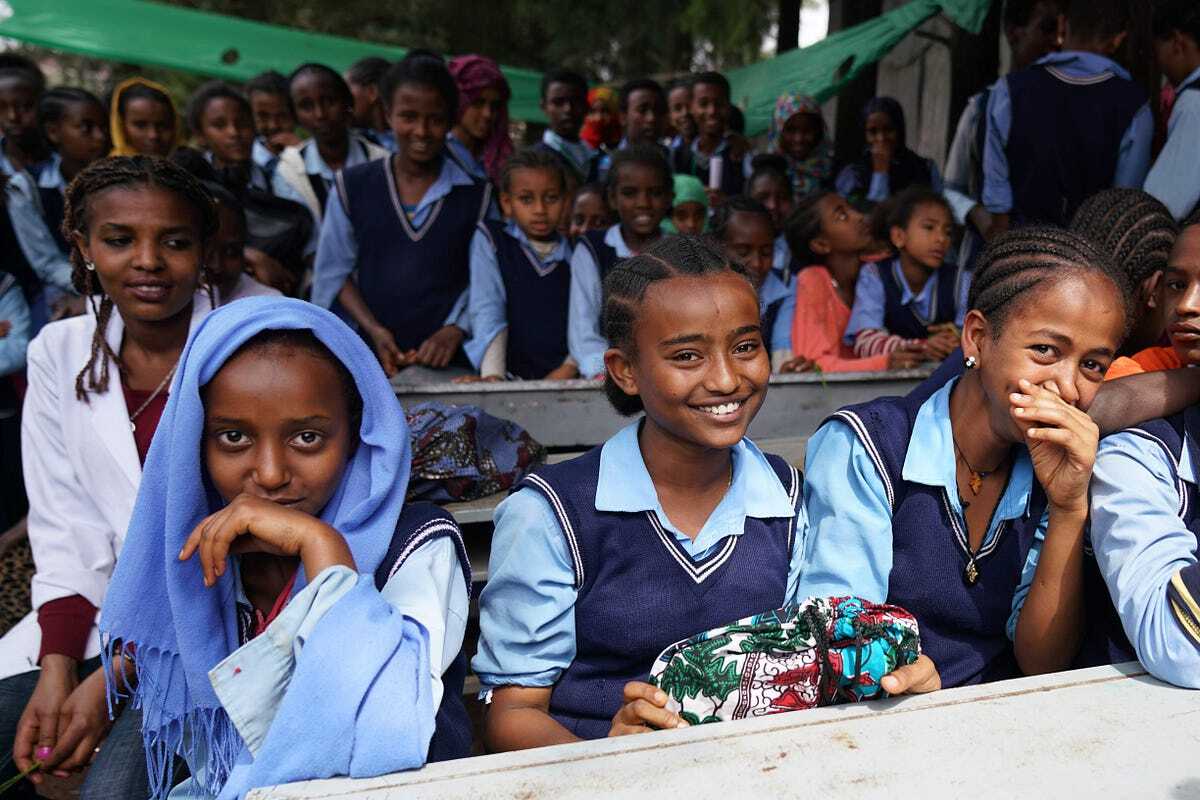
Written by Emily Davis
“I thought I was going to lose my life at any moment because it was really scary to start bleeding from down there. I thought I was going to die.” — Adolescent girl, participating in focus group discussion [i]
Women and girls all over the world, especially in low-resource countries, continue to face a broad set of challenges that negatively influence their health, empowerment, and well-being. One of these critical challenges is inadequate access to menstrual health management (MHM) solutions. We have seen, time and time again, that girls do not have consistent access to education around puberty, menstrual health (MH), and reproductive health. Therefore, too many girls experience their first menstrual period with feelings of fear, shame, and confusion. In addition, girls face a lack of access to safe, girl-friendly sanitation facilities, sanitary products, and pain management methods to manage their menstruation at school.
The global development community increasingly recognizes that WASH doesn’t just mean clean hands, clean water, and clean toilets — WASH interventions must also address menstrual health solutions. These solutions can be “hardware-based,” such as the provision of products, access to girl-friendly toilets, and the roll-out of menstrual waste disposal solutions, as well as “software-based,” in the form of menstrual health education, behavior and normative change to reduce stigma and normalize menstruation, and advocacy-based to increase funding for critically important menstrual health programs. Splash believes a blended approach is the most effective.
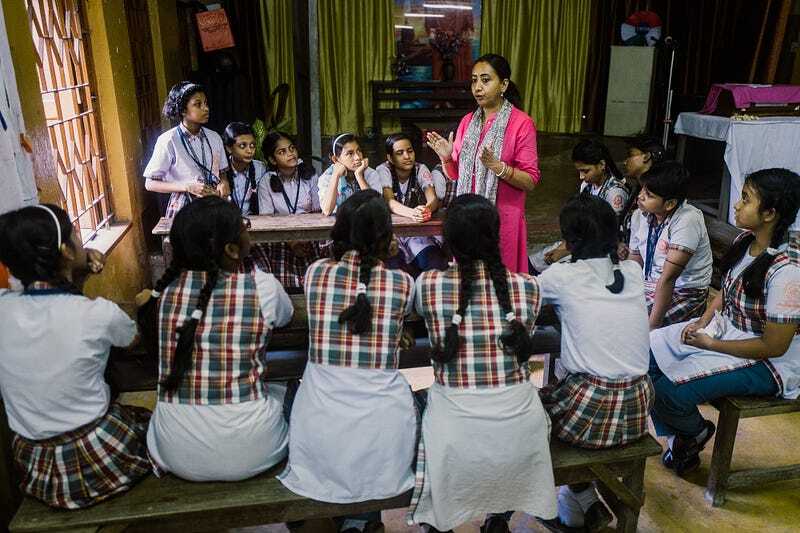
Menstrual Health at Splash
Splash’s early MH intervention focused on rehabilitating sanitation facilities at schools to make them more girl-friendly and providing MH education to both girls and boys to reduce the stigma around periods. Splash has also conducted separate trainings just for girls to provide more specific information on the practicalities of managing menstruation. These activities represent Splash’s first step in addressing MH for female students, but we are now thinking even bigger.
If you have ever had a conversation with a twelve or thirteen-year-old girl you can probably agree that they are autonomous, free-thinking individuals with preferences, opinions, and voices that want and need to be heard. Splash’s MH team is here to listen and to co-design a program that will mean something to them. What that program includes will be determined by formative research, which will inform an optimized program that changes the face of menstrual health programming and sets a new standard for excellence. The girls and young women we serve deserve it.
Menstrual Hygiene Day in Addis Ababa
While in Addis Ababa, Ethiopia for Menstrual Hygiene Day this past spring, I got the chance to meet with many adolescent girls and witnessed first-hand their eagerness to address the inadequacy of menstrual health solutions at their school and in their community. During an event at a Splash intervention school, I saw them actively engage around this topic through songs, dance, and a lively drama that showcased their acting talents. The event was hosted at a primary school with approximately 2,500 students and was organized by the school’s Hygiene Club. On top of this, all of the content for the celebration was developed and led by the students.
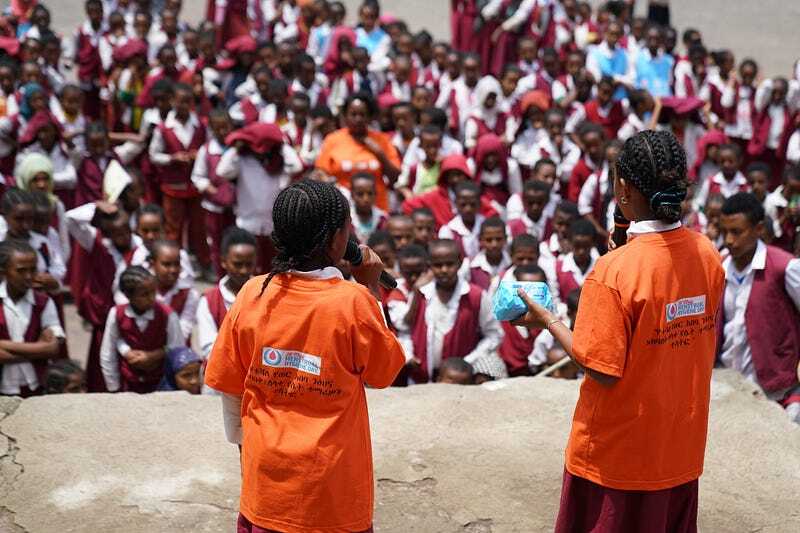
The impressive drama depicted a contentious conversation between a mother and daughter at the start of her menses. The two main characters were at odds about the use of sanitary pads to manage their menstrual health. It was a conflict of traditional norms and showcased a young girl’s eagerness to embrace modern solutions so that she could achieve her full potential. The mother in the drama saw menstruation as a dirty and secret thing that needed to be hidden away. She saw it as a woman’s burden and did not agree with the expenditure of the household funds to purchase sanitary pads, when scraps of old cloth have served her menstruating needs for all her life. The young girl was able to educate her mother around the importance of pads, not just to her health, but to her education, empowerment, and life as a maturing woman.
This drama clearly demonstrated the needs and desires of this next generation of young women. In a rapidly modernizing world filled with new technologies and health solutions, it is important that these girls are not left behind and that we support them in gaining access to essential menstrual health solutions.
Looking Forward
We here at Splash on the global menstrual health team have our work cut out for us. We are scaling up rapidly and have hired two menstrual health specialists in Addis Ababa, Ethiopia and Kolkata, India. We have initiated an ambitious formative research process and have engaged stakeholders near and far around our strategic MH thinking. We are committing more time, more energy, and more funds to make MH a priority. We believe that MH deserves an equal seat at the WASH table, and we plan to make that happen. After all, Splash’s vision is for all children to lead healthy lives, thrive in school, and reach their highest potential regardless of their sex. I invite you to join us on this journey together!
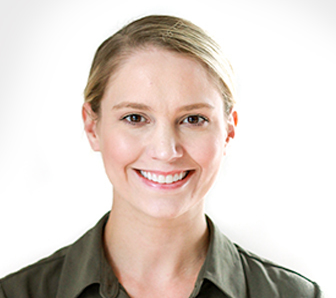
Emily Davis is Splash’s new Global Lead for Menstrual Health. She is a passionate menstrual health specialist with hands-on experience providing strategic direction, project management, and technical support to a multitude of projects spanning sub-Saharan Africa and South East Asia. Emily holds the belief that every girl has the right to be able to manage her menstrual health safely and with dignity so that she can go on to achieve her full potential. She received her Bachelor of Arts in International Studies and Global Health from the University of Washington and her Master’s degree in International Health with a concentration in Social and Behavioral Interventions from Johns Hopkins Bloomberg School of Public Health.
[i] Miiro G, Rutakumwa R, Nakiyingi-Miiro J, Nakuya K, Musoke S, Namakula J, et al. Menstrual health and school absenteeism among adolescent girls in Uganda (MENISCUS): a feasibility study. BMC Womens Health. 2018;18(1):4. pmid:29298699
Related Articles
March 8, 2019
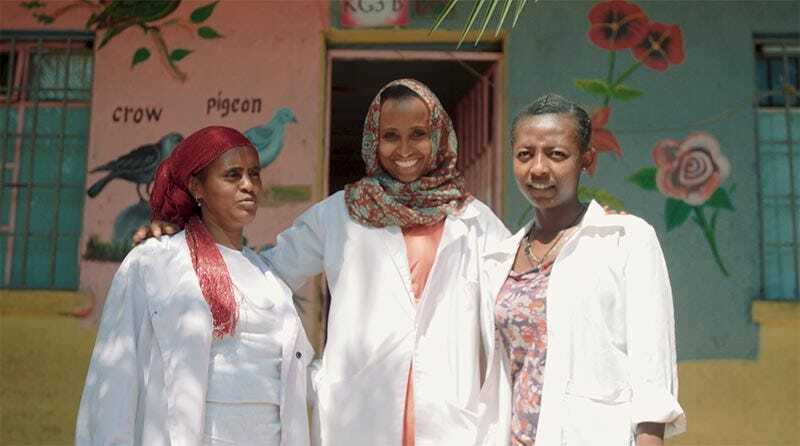
A Balanced World Is A Better World
As we commemorate International Women’s Day on March 8th, Splash is a firm believer that now, more than ever, we must push for progress on gender equity globally.
Read More